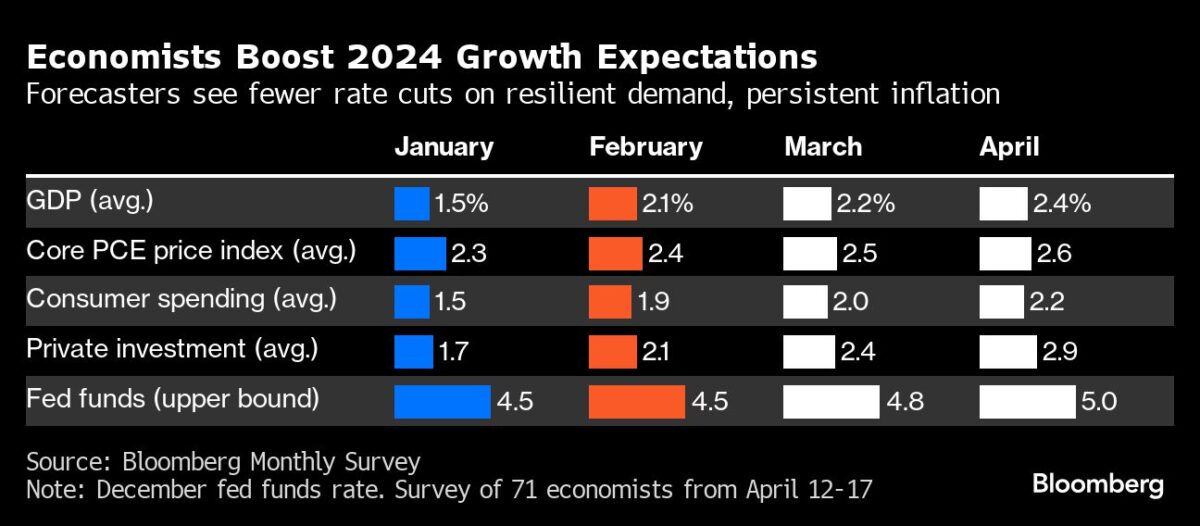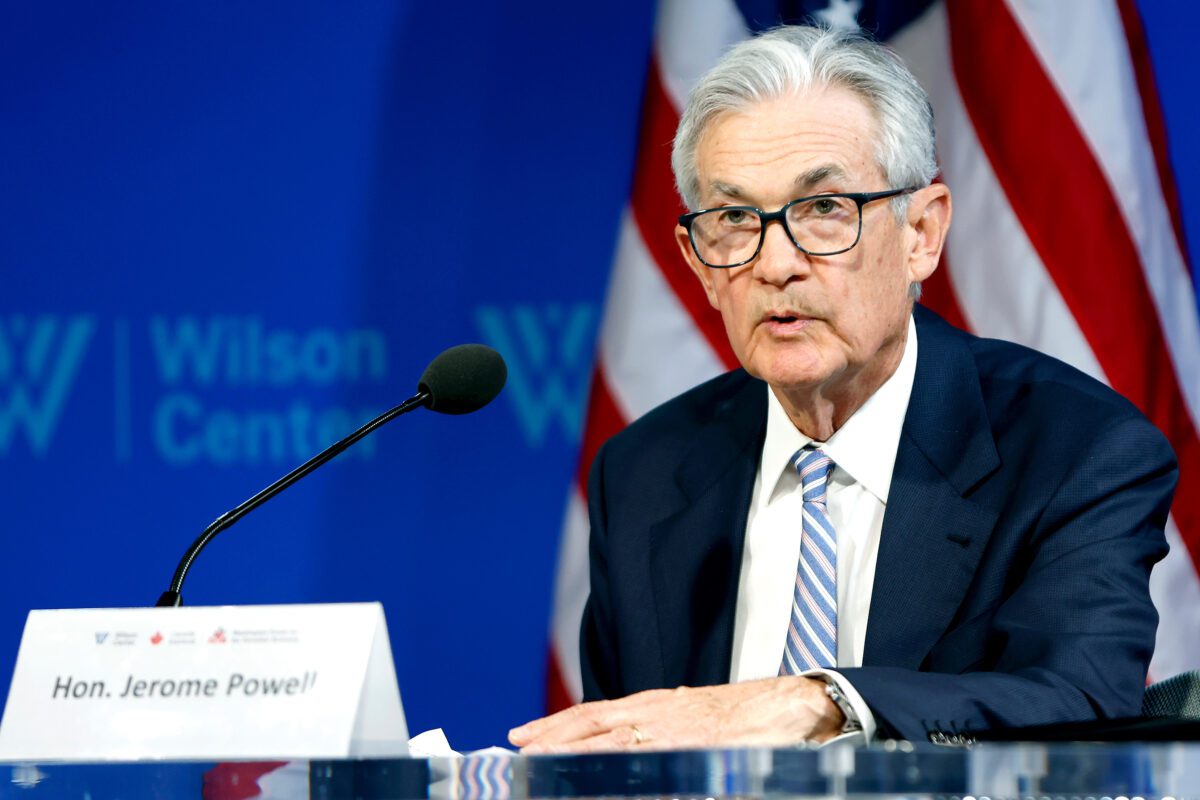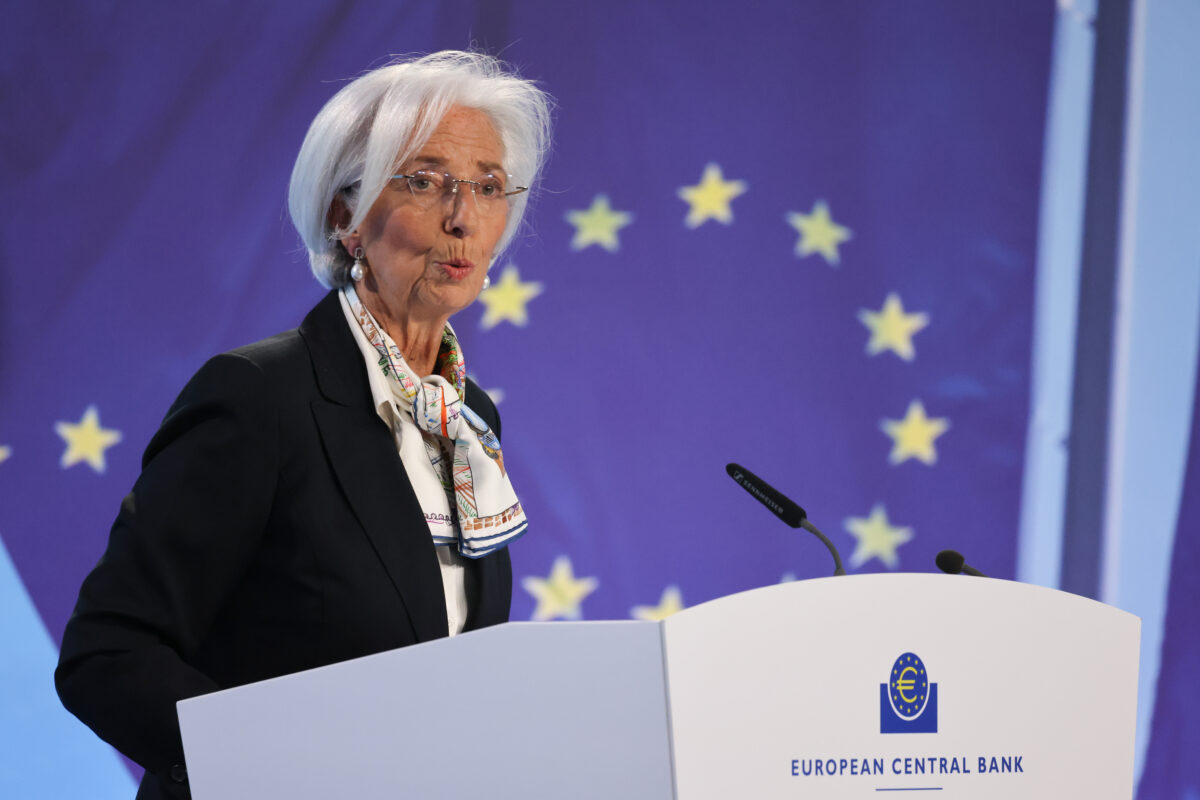FMW-Redaktion
Leicht überdreht die Headline? Immer noch, wenn Sie mehr über die heute veröffentlichte neueste Initiative von US-Präsident Barack Obama gelesen haben? In den nächsten Monaten sollen sämtliche US-Behörden alle Veordnungen und Gesetze umkrempeln und den Wettbewerb in der US-Wirtschaft so stark anheizen wie nur möglich! Das ist gut für den Verbraucher, so Barack Obama. Auf den ersten Blick ja – nur irgendwer muss die Preisspirale nach unten auch bezahlen…

US-Präsident Barack Obama. Foto: White House / Gemeinfrei.
Wie sagte George W Bush in den letzten Monaten seiner Amtszeit mehrmals? „The free Market is the best way…“ usw. Obama setzt Bush´s Aussprache heute noch die Krone auf und verkauft sie als Dienst am Bürger. Sämtliche US-Behörden haben laut Obama´s heutiger Direktive von jetzt an 60 Tage lang Zeit konkrete Vorschläge zu machen wie die US-Wirtschaft so stark wie möglich dereguliert werden kann – dann soll eine rasche Umsetzung von Maßnahmen erfolgen. Man merkt: Der gute Mann ist in Eile, bald muss er sein Büro verlassen. Nur warum jetzt diese Initiative? Das bleibt offen.
Plakativ dargestellt wird das am Beispiel von TV-Dekodern. Praktisch jeder Amerikaner habe inzwischen einen TV-Dekoder und zahle dafür jährlich im Schnitt 231 Dollar (laut Weißem Haus). Die Produktionskosten der Geräte seien dramatisch gefallen, aber die Kabel-Betreiber würden den Konsumenten ständig steigende Mietkosten in Rechnung stellen – die seien um 185% gestiegen (welcher Zeitraum?). Im Gegensatz dazu seien die Preise von Computern, Fernsehern und Handys dramatisch gesunken. Wir meinen: Da ist was dran, kennt man ja so auch aus Deutschland mit den ganzen schönen Mietverträgen für Decoder. Was im Einzelfall schön und verführerisch für Verbraucher aussieht, weil man hier und da ein paar Dollars spart, kann volkswirtschaftlich gesehen in großem Umfang Löhne drücken und zu Arbeitsplatzverlusten führen. Wie war das z.B. mit Uber als Taxi-Ersatz? Gab es da nicht schon mal irgendwo (weltweit?) Befürchtungen, dass Taxifahrer, die von ihrem Beruf jetzt noch halbwegs leben können, durch Freizeit-Uber-Fahrer ersetzt werden, die deutlich weniger verdienen? Nur mal so ein Beispiel…
Laut Weißem Haus soll diese Initiative jedenfalls den Wettbewerb anregen, Innovationen fördern und vor allem zum Vorteil der Verbraucher sein durch sinkende Endpreise für Produkte und Dienstleistungen aller Art. Hier der Originaltext, wie man sich das vorstellt:
–
–
Summary:
Learn how President Obama’s new efforts are spurring competition to make life better for consumers.
Today, building on efforts over the last seven years, the President is launching a new initiative to stoke competition across our economy, so that no corporation can unfairly squeeze their competitors, their workers, or their customers at everyone’s expense. Stronger competition matters because it can deliver lower prices, higher quality, and better customer service for consumers. It gives workers more of a voice and can help strengthen wage growth. And it’s what entrepreneurs need to get a fair shot at growing their businesses and creating jobs.
Before There Were Cable Boxes
Before getting into the details, a little historical context (and more on a specific action we’re taking today).
Millenials are often defined as the generation born after 1980. But they could also be described as the generation that doesn’t remember what it’s like to be forced to rent a big, overpriced, basic phone from the phone company.
Until the early 1980s, the phone company had a monopoly—not just on the wire to your house but, in many cases, on the phone you plugged into that wire.
And the result wasn’t pretty.
Phones had little variety, evoking the famous Henry Ford quote — „You can have any color, so long as it’s black” — and only the most basic functionality. Worse yet, households had to pay a fee each month to rent these phones that added up over time to many multiples of what they would have paid to purchase a similar (or fancier) phone themselves.
Then, all that changed when the Federal Communications Commission (FCC) and others took action to open up phones to competition. This competition and the technological progress it helped drive, led to a proliferation of digital dialing, built-in answering machines, a panoply of styles, cordless phones, and other innovations.
A similar dynamic has taken hold elsewhere in American homes today: According to a recent study, 99 percent of all cable subscribers lease a set-top box to get their cable and satellite programming.
It sits in the middle of our living rooms, and most of us don’t think twice about it. But that same study found that the average household pays $231 per year to rent these often clunky boxes. And, while the cost of making these boxes is going down, their price to consumers has been rising.
Like the telephones in 1980s, that’s a symptom of a market that is cordoned off from competition. And that’s got to change.
How We’re Taking Action To Fix It
That’s why today the President announced that his Administration is calling on the FCC to open up set-top cable boxes to competition. This will allow for companies to create new, innovative, higher-quality, lower-cost products. Instead of spending nearly $1,000 over four years to lease a set of behind-the-times boxes, American families will have options to own a device for much less money that will integrate everything they want — including their cable or satellite content, as well as online streaming apps — in one, easier-to-use gadget.
But we’re not stopping there. In many ways, the set-top box is the mascot for a new initiative we’re launching today. That box is a stand-in for what happens when you don’t have the choice to go elsewhere—for all the parts of our economy where competition could do more.
Across our economy, too many consumers are dealing with inferior or overpriced products, too many workers aren’t getting the wage increases they deserve, too many entrepreneurs and small businesses are getting squeezed out unfairly by their bigger competitors, and overall we are not seeing the level of innovative growth we would like to see. And a big piece of why that happens is anti-competitive behavior—companies stacking the deck against their competitors and their workers. We’ve got to fix that, by doing everything we can to make sure that consumers, middle-class and working families, and entrepreneurs are getting a fair deal.
That’s why today, the President announced a broader new initiative through an Executive Order that calls on departments and agencies to make further progress through specific, pro-competition executive actions that empower and inform consumers, workers, and entrepreneurs. In 60 days, agencies will report back on specific areas where we can make additional progress.
Kommentare lesen und schreiben, hier klicken













Das gibt nur noch mehr Regulierung und noch weniger freie Märkte.
Obama hat ja auch verlangt, dass die Banken die Vorgaben bei der Vergaben von Immobilienkredite senken sollten. Wenige Tage später wurde dann eine US Bank für zu lasche Vergaben von Immobilienkredite in der Vergangenheit bestraft. Obamas Nachfolger, vor allem wenn es ein Demokrat wird, wird dann wieder die Banken bei höheren Ausfällen bestrafen, die auf Obama gehört hatten. Den ganzen Kabelanbietern geht es auch nicht mehr so gut, weil Neflix und anderen ein billigeres Programm bieten und die etliche Kunden ihren Kabelanschluss kündigen. Wettbewerb gibt es und der dürfte weiter zunehmen.